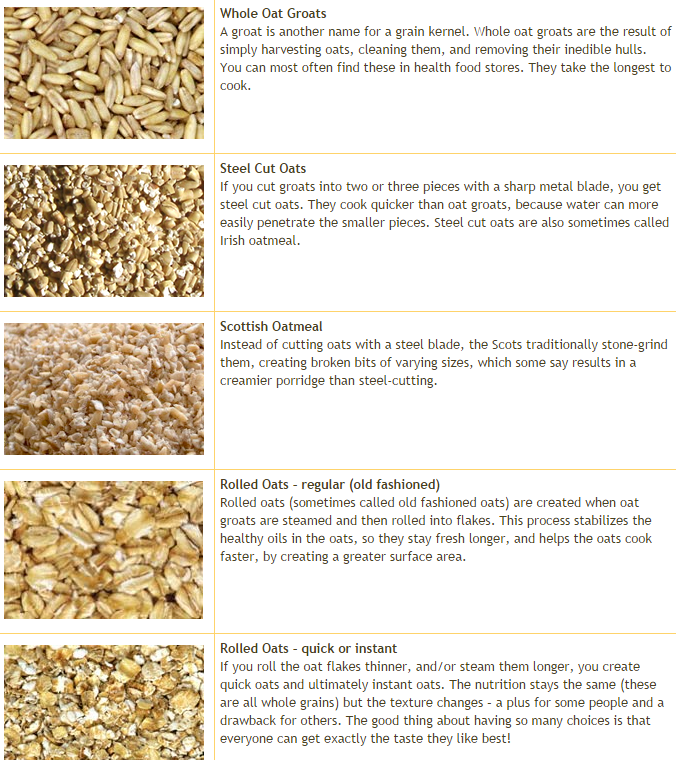I have read a few threads on this but I am not clear.
I have Old Fashion Whole Grain Rolled Oats, that I eat for breakfast almost everyday.
I am confused what is what and which is which. If I use these oats in my stout do I need to cook them first as if I was about to eat them? Then add them to my mash?
Thanks
I have Old Fashion Whole Grain Rolled Oats, that I eat for breakfast almost everyday.
I am confused what is what and which is which. If I use these oats in my stout do I need to cook them first as if I was about to eat them? Then add them to my mash?
Thanks






![Craft A Brew - Safale S-04 Dry Yeast - Fermentis - English Ale Dry Yeast - For English and American Ales and Hard Apple Ciders - Ingredients for Home Brewing - Beer Making Supplies - [1 Pack]](https://m.media-amazon.com/images/I/41fVGNh6JfL._SL500_.jpg)



















































